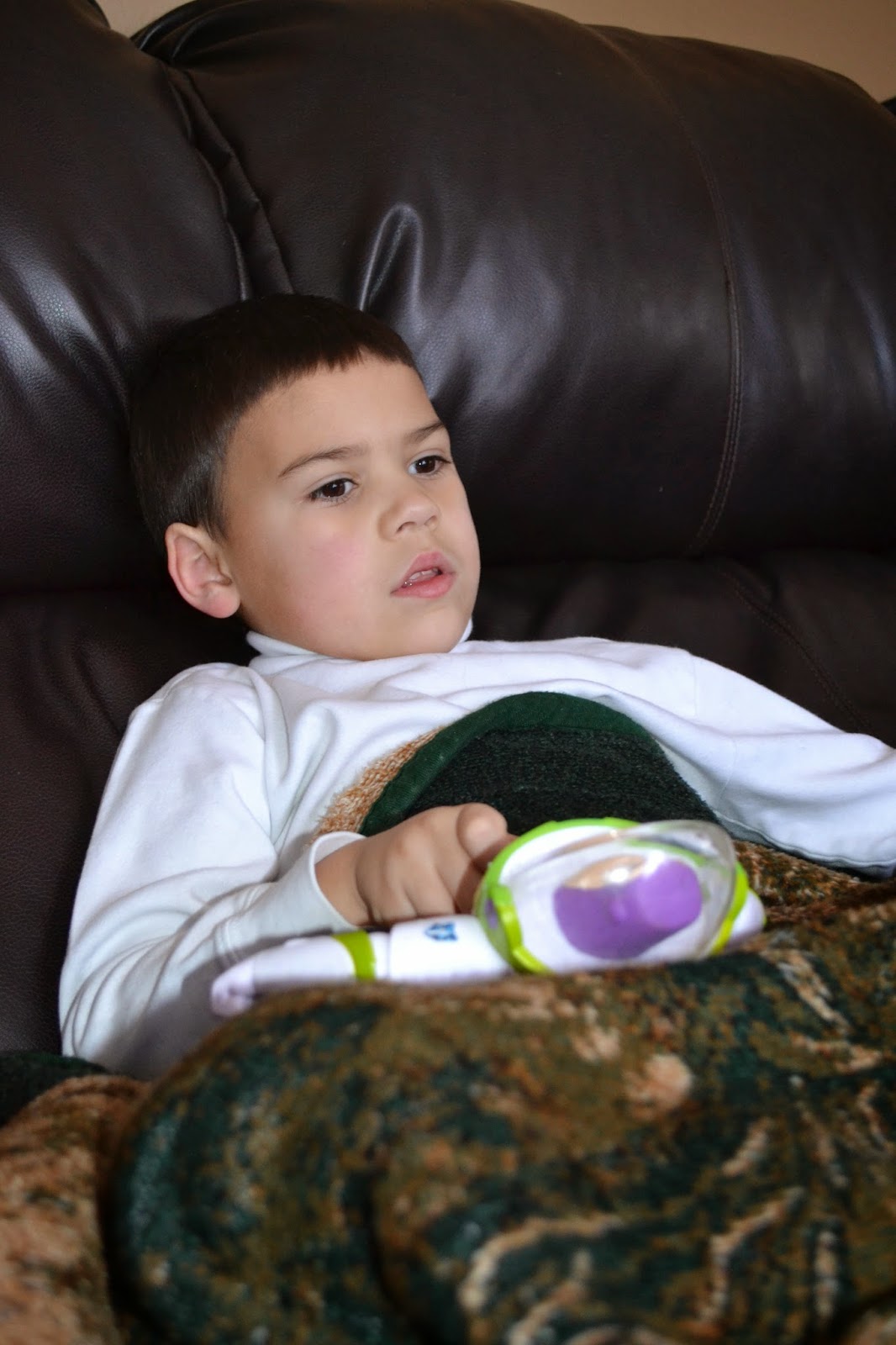Preface:
I started writing this a few weeks ago. I am not sure where I was headed, other than I have this continuous thought, that no matter how I plan, how many questions I ask, I will truly never know what the future holds for our family. I will never know what the future holds for any of my sons... They will learn, grow, and make decisions that will guide them towards their future, and I am here as a support, as a mentor, I am here to instill the values, beliefs and morals that are important to me, but just as I have done, as I have grown older, their beliefs will become individualized to fit their needs. We crave to know our children will be contributing members of the community, but to know, is different than to hope. To want is different than to be, and only time will tell what the future holds.
I have spent so much time with this internal battle - praying to know what will happen, and allowing myself to live in the moment and do my best to guide the best possible outcome. For reasons beyond my understanding, I worry about C much more than my other 2 children. I know A and O will have bright futures, though I don't know what that really means, but with C, it seems blurry. I struggle allowing myself to believe in a future that I don't yet understand. I worry that by believing, I may become complacent, allowing something to slip through my fingers. By hyper-focusing on the future, I fail to look at the amazing and everyday accomplishments taking place right before my eyes, and with all of my children.
So in summary, I like the turn this piece took. I like the reminder that we all have a book in progress, and it is up to us to update the pages, ensuring the outcome we desire. We pass the book onto our children to write on their own, as they take the reigns of decision making, and as we pass the torch, we embark on our own new chapter.
Sometimes we just need to be able to say what we are
thinking, out loud, with someone listening. Someone who won't judge, someone who
understands, someone, who though may be on a different journey, may also be traveling on a parallel path.
Telling our story
brings me peace, gives me hope that by telling our story we will
give others the same confidence, the same ability to share. Sometimes healing
lies in hearing words hard to say, and spoken out loud. Sometimes joy is found
in moments that seemed inconsequential, but meaningful none the less. Sometimes
not speaking, but listening to others stories gives a sense of relief, that
you truly are not alone.
Our story will continue, there is no end, the book will
continue to be written, and the plot will constantly change. We continue to
work hard to better ourselves, our family and help those around us understand
how our story is just the same, and yet different from theirs. No one comes
with their story written from start to finish. We choose different paths,
leading us to different destinations, and while on our journey, we change the setting,
the details, and the content of where and why our story takes place.
We sometimes try to jump ahead, to get a sneak peak at
what the outcome may be, we plead to know the ending. We ask those around us,
to give us a glimpse of the end destination of the characters headlining the
show, but as we know, there is no definitive outcome. As the story takes place,
the end is constantly changing, shifting. What may be the end today, will
surely be different tomorrow.
And so we share, as we experience, we hope that as we
share, we help to guide the outcome for not just ourselves, but those around
us. And just like any good book, the end will provide us yearning for more,
wanting to savor each and every detail, and a desire to relive the past
chapters, have one last visit with the characters we grew to love.










